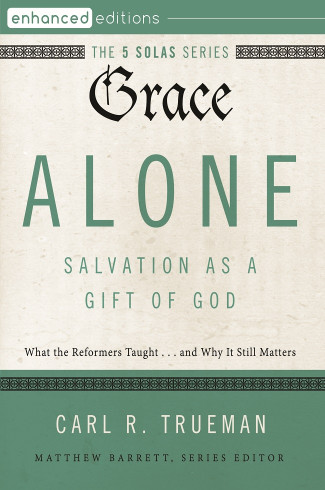Historians and theologians alike have long recognized that at the heart of the sixteenth-century Protestant Reformation were the five solas: sola scriptura, solus Christus, sola gratia, sola fide, and soli Deo gloria. These five solas do not merely summarize what the Reformation was all about but have served to distinguish Protestantism ever since. They set Protestants apart in a unique way as those who place ultimate and final authority in the Scriptures, acknowledge the work of Christ alone as sufficient for redemption, recognize that salvation is by grace alone through faith alone, and seek to not only give God all of the glory but to do all things vocationally for his glory.
The year 2017 marked the 500th anniversary of the Reformation. And yet, even in the twenty-first century we need the Reformation more than ever. As James Montgomery Boice said not long ago, while the Puritans sought to carry on the Reformation, today “we barely have one to carry on, and many have even forgotten what that great spiritual revolution was all about.” Therefore, we “need to go back and start again at the very beginning. We need another Reformation.” In short, it is crucial not only to remember what the solas of the Reformation were all about, but also to apply these solas in a fresh way in light of many contemporary challenges.
In Grace Alone, scholar Carl Trueman looks at the historical and biblical roots of the doctrine that salvation is by grace alone, a free gift unmerited by human effort or works. Chapters examine the development of this theme in the early church through the Reformation to the Protestant confessions that still shape the church in the present day. Trueman also explores the biblical means of receiving God's grace through the fellowship of believers, the sacraments, and through the Word of God, and considers how we need to recover this doctrine in the face of today’s challenges.

